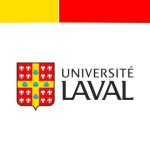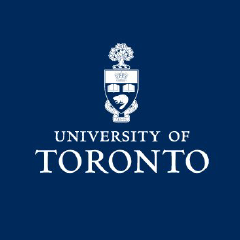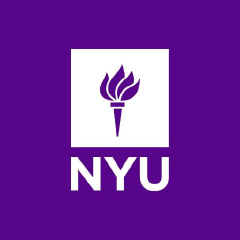University of Cape Town (UCT)
Founded 1829 as College by local community, acquired official status 1873. Became University by Act of Parliament 1916 and granted Charter 1918. An autonomous institution receiving financial support (50%) from the State. Open to all who meet the academic requirements, regardless of colour, race, sex or religion.
Funding:
Public
Grades 4
Languages 1
Divisions 8
- Higher Education Development Centre
- Commerce Faculty
- Engineering and the Built Environment Faculty
- Health Sciences Faculty
- Humanities FacultyFields of study: Industrial and Organizational Psychology, Geography (Human), Gender Studies, Italian, Classical Languages, Public Law, Writing, Film, Performing Arts, Arabic, Religious Studies, Archaeology, Dance, Library Science, Spanish, Anthropology, German, Linguistics, Media Studies, Theatre, French, Information Sciences, Music, Fine Arts, Sociology, Environmental Studies, Philosophy, Literature, Social Sciences, Arts and Humanities, Political Sciences, History, Psychology, English, Economics, Management
- Law Faculty
- Science Faculty
- Business Graduate School
Requirements
- Admission details: Matriculation Certificate or certificate of exemption issued by the Joint Matriculation Board
Short online courses 23
- Becoming a changemaker: Introduction to Social Innovation
- Building Fintech Startups in Emerging Markets
- Capstone Course: Start Up Your Fintech Future
- Climate Adaptation in Africa
- Climate Change Mitigation in Developing Countries
- Disability Inclusion in Education: Building Systems of Support
- Doing Clinical Research: Biostatistics with the Wolfram Language
- Educating Deaf Children: Becoming an Empowered Teacher
- Education for All: Disability, Diversity and Inclusion
- Extinctions: Past and Present
- Financial Regulation in Emerging Markets and the Rise of Fintech Companies
- How Entrepreneurs in Emerging Markets can master the Blockchain Technology
- Innovative Finance: Hacking finance to change the world
- Julia Scientific Programming
- Large Marine Ecosystems: Assessment and Management
- Medicine and the Arts: Humanising Healthcare
- Organ Donation: From Death to Life
- Research for Impact
- Severe to Profound Intellectual Disability: Circles of Care and Education
- Teaching Children with Visual Impairment: Creating Empowering Classrooms
- Understanding Clinical Research: Behind the Statistics
- What is a Mind?
- Writing your World: Finding yourself in the academic space


